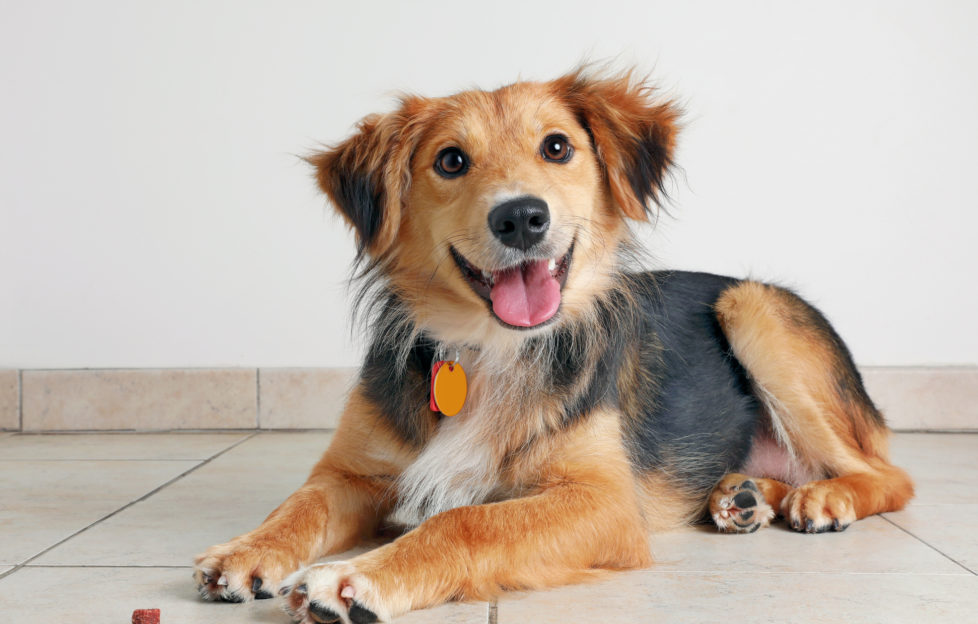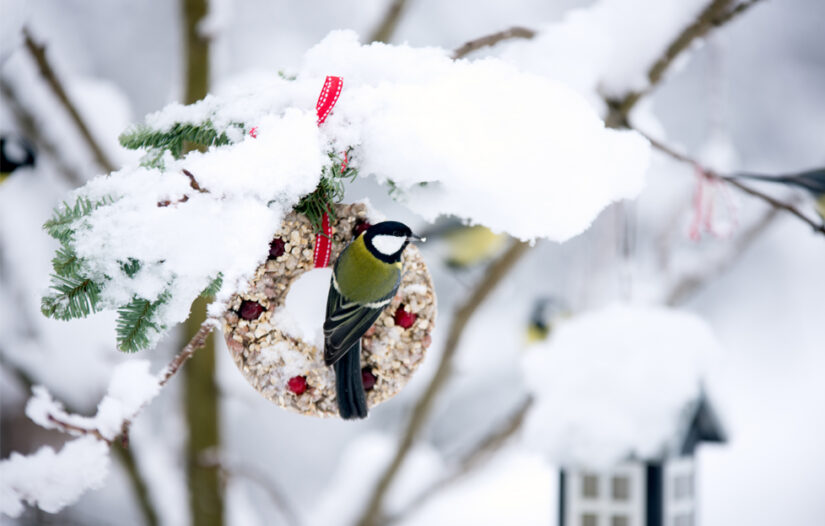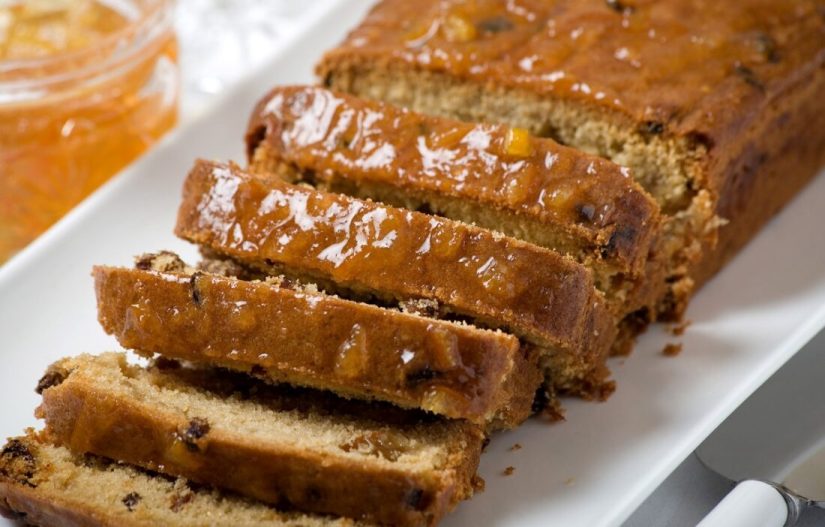 iStock.©
iStock.©It’s well known that owning pets can provide real benefits for our health, and can make us happy. But which pet should you choose?
Cats, rabbits, budgies, bearded dragons — they all have their devoted fans.
But if you fancy a canine chum on this National Dog Day or at any time of year, there are literally hundreds of breeds and combinations of breeds to choose from.
Here, the pet experts from Pure Pet Food reveal the important factors to consider when choosing the perfect pooch for your household.
6 things to think about when choosing a dog:
1. Coat
Some dogs, like poodles, have hypoallergenic coats, meaning that those with allergies should be able to live happily alongside them.
The length of coat should also be considered, as longer haired dogs need more time – and money – invested in them for regular grooming.
2. Temperament
Different breeds have different temperaments.
Some, like Labradors, are renowned for being very loving and friendly, whereas others, such as Afghan hounds, may like to be left to their own devices from time to time.
Although a lot of this is to do with upbringing, part of it relates to breed and genetics.
3. Energy
The amount of energy your new pet has should depend on the amount of time you are able to dedicate to it.
If you can only dedicate an hour of your day to walking, choosing a dog like a springer spaniel probably wouldn’t be a good idea. They’re full of energy!
Similarly, if you plan to spend several hours every day walking and looking after your pet, it’s best to avoid a couch potato breed that needs little exercise, such as pugs or lurchers.
4. Activities
Certain breeds have been reared to help with certain activities.
Retrievers, for example, make great gun dogs. And if you’re after a guard dog, German shepherds might be the breed for you.
Looking into each breed and its typical traits will ensure you’re likely to choose a dog that fits into your life, or even assists with hobbies or work.
Traditional breeds like Border collies are normally the go-to for farmers who need to herd animals, for example.
5. Size
Larger dogs will need bigger gardens, bigger beds, and more food. The amount of energy a dog has can also make it seem bigger if it’s very bouncy.
If buying a puppy, you must also take into account the size it will grow to. If you live in a small terrace with a postage stamp for a garden, a Great Dane probably wouldn’t suit…
6. Environment
Dogs that have high energy and need to run about in wide-open spaces, such as greyhounds, won’t be suited for living in a city.
Similarly, smaller dogs, like miniature dachshunds, may not be safe when living in a flat with a balcony or with open windows.
Research, research, research
“Making the decision to buy a dog can be very exciting, but a lot of time and research needs to be invested to make sure that you are choosing the right breed, and dog, for you and your family,” a spokesperson for Pure Pet Food said.
“Dogs are very receptive and can thrive in the right environment. However, this also means that they can behave badly when it’s not suitable for them.
“Different breeds are associated with different traits and behaviours, but it’s important to remember that dogs are all individuals and, like humans, have their own personalities and habits.”
Choosing a dog isn’t easy, but sometimes they’ll choose you.
A happy, healthy combination of breeds might be the ideal dog for you, and could be just waiting to meet you at your local rescue centre even now.
Take a look at our first ever pet page, from all the way back in 1881!




